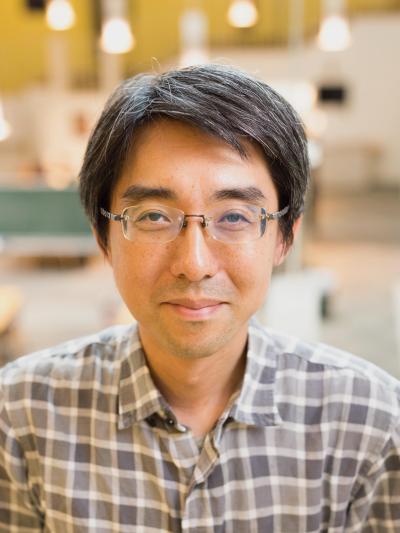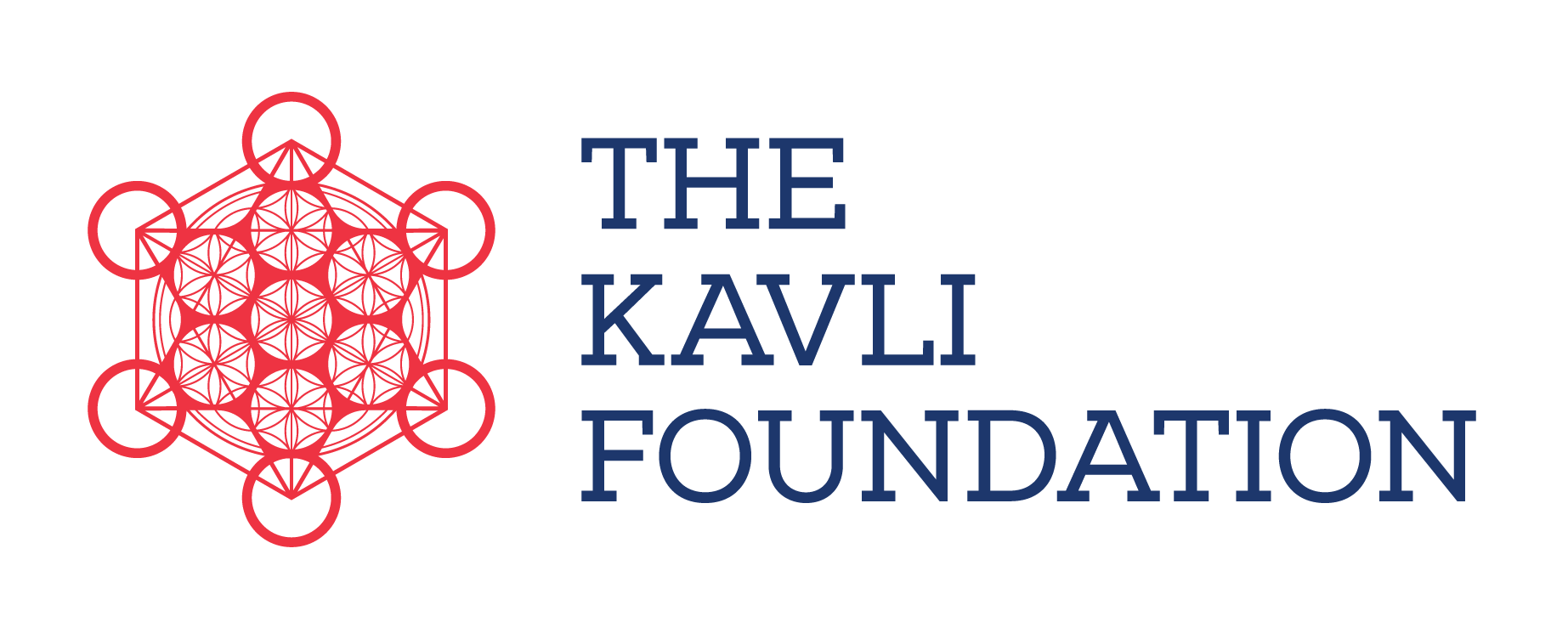March 15, 2024
Kavli Institute for the Physics and Mathematics of the Universe (Kavli IPMU, WPI)

Chiba University Center for Frontier Science Professor and Kavli Institute for the Physics and Mathematics of the Universe (Kavli IPMU, WPI) Visiting Senior Scientist Masamune Oguri has been named as one of the recipients of the 2024 Japan Academy Prize, it was announced by The Japan Academy.
The Japan Academy Prize was established in 1910 as the Imperial Academy Prize, before being renamed The Japan Academy Prize in 1948. The award recognizes significant academic theses, books and achievements. Past Kavli IPMU researchers to receive the award include Kavli IPMU Senior Fellow, The University of Tokyo Institute for Cosmic Ray Research Professor and 2015 Nobel Prize Laureate Takaaki Kajita, who received the award in 2012.
Oguri is being recognized for his joint research on pioneering and promoting cosmological research using gravitational lensing effects. His collaborator and a co-recipient of the Japan Academy Prize, National Astronomical Observatory of Japan Subaru Telescope Director Satoshi Miyazaki, developed the ultra-wide field-of-view camera, the Hyper Suprime-Cam (HSC), mounted on top of the Subaru Telescope in Hawaii, which has been helping researchers create a dark matter distribution map of the universe. Oguri took data from the HSC, analyzed it, and used the gravitational lensing effects capture by the telescope to create a 3-dimensional dark matter map over an unprecedented area of the universe. His results pointed out the possibility that the model of cosmic expansion may not be consistent with results found by the cosmic microwave background radiation, which is considered the standard theory of cosmology today.
Oguri has also made significant contributions to the study of strong gravitational lensing, based on several data sources including the Hubble Space Telescope. His achievements include, observing a single star in a distant galaxy by using gravitational lensing, predicting the phenomenon of multiple images of a distant supernova explosion with a time delay due to gravitational lensing, and capturing and analyzing images to determine the time variation of the brightness of a supernova explosion.
Oguri was an assistant professor at Kavli IPMU from 2011 to 2013, before becoming Associate Scientist until 2022. He has been a Visiting Senior Scientist since 2023, and continues to work collaboratively with Kavli IPMU researchers.
“I am honored to have received The Japan Academy Prize. Gravitational lensing research is an area I have worked on with many Kavli IPMU researchers, including Professor Masahiro Takada. My recent work on gravitational lensing and supernovae is built on the work I did while at Kavli IPMU as a project assistant professor. I hope to find even more interesting things about the universe in the future,” said Oguri.
Related links
Recipients of the Imperial Prize and the Japan Academy Prizes elected
Professors Masamune Oguri and Hiroshi Kiyono have received the Japan Academy Prize (in Japanese) (Chiba University)
Professor Satoshi Miyazaki Wins Japan Academy Prize (National Astronomical Observatory of Japan)
Related articles
Masamune Oguri awarded this year’s Hayashi Chushiro Prize (March 14, 2019)
Farthest star ever seen in the Universe detected (April 3, 2018)
Forty new studies published from first data of world's biggest map of the Universe
Ancient Eye in the Sky (July 26, 2016)
Cosmic illusion revealed: Gravitational lens magnifies supernova (April 25, 2014)
‘Standard Candle’ Supernova Extraordinarily Magnified by Gravitational Lensing (April 23, 2013)
3-D Observations of the Outflow from an Active Galactic Nucleus (February 19, 2013)
"Cosmic Mirages" Confirm Accelerated Cosmic Expansion (April 14, 2012)
Research Illuminates the Shape of Dark Matter's Distribution - Masahiro Takada – (April 26, 2010)






